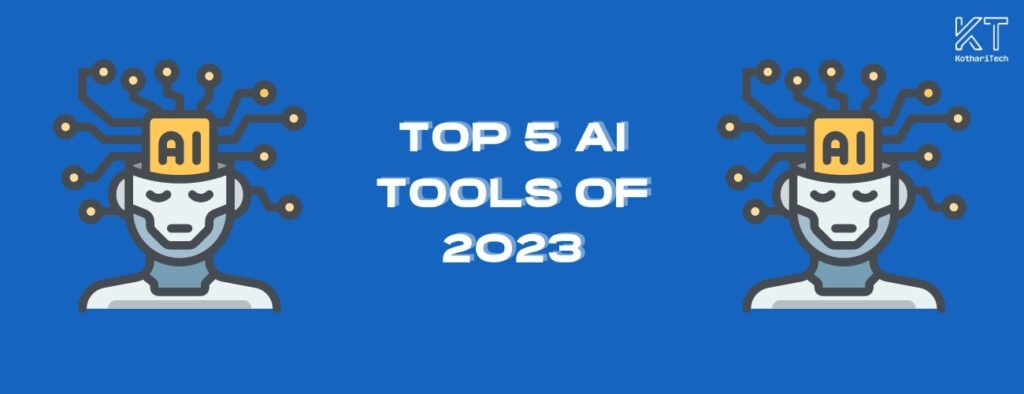
Artificial Intelligence (AI) has come a long way in recent years and has become an integral part of our daily lives. From chatbots and virtual assistants to autonomous vehicles and intelligent machines, AI has become an indispensable tool in many industries. With the rapid pace of technological advancements, it is no surprise that the AI landscape is constantly evolving and new AI systems are being developed all the time. In this blog, we will take a look at the top 5 AI systems that are expected to shape the future in 2023 and beyond.
In conclusion, these AI systems represent just a few of the exciting advancements in the field of artificial intelligence expected in 2023. As AI continues to evolve, it will likely play an increasingly important role in our daily lives, changing the way we work, live, and interact with one another. From enhancing human cognition and communication to revolutionizing customer service and making our lives more efficient, the impact of AI is set to be felt in many different areas in the years to come. Whether it is OpenAI’s GPT-4 language model, Sentient Technologies’ OpenMind, Neuralink’s BCIs, OpenAI’s Ada, or Xnor AI’s efficient AI solutions.
Sales:- [email protected]
+91 83695 59482
Support:- [email protected]
+91 7272 8989 46
Careers:- [email protected]
©2018 – 2023 KothariTech. All Rights Reserved
©2018 – 2024 Kothari Tech. All Rights Reserved